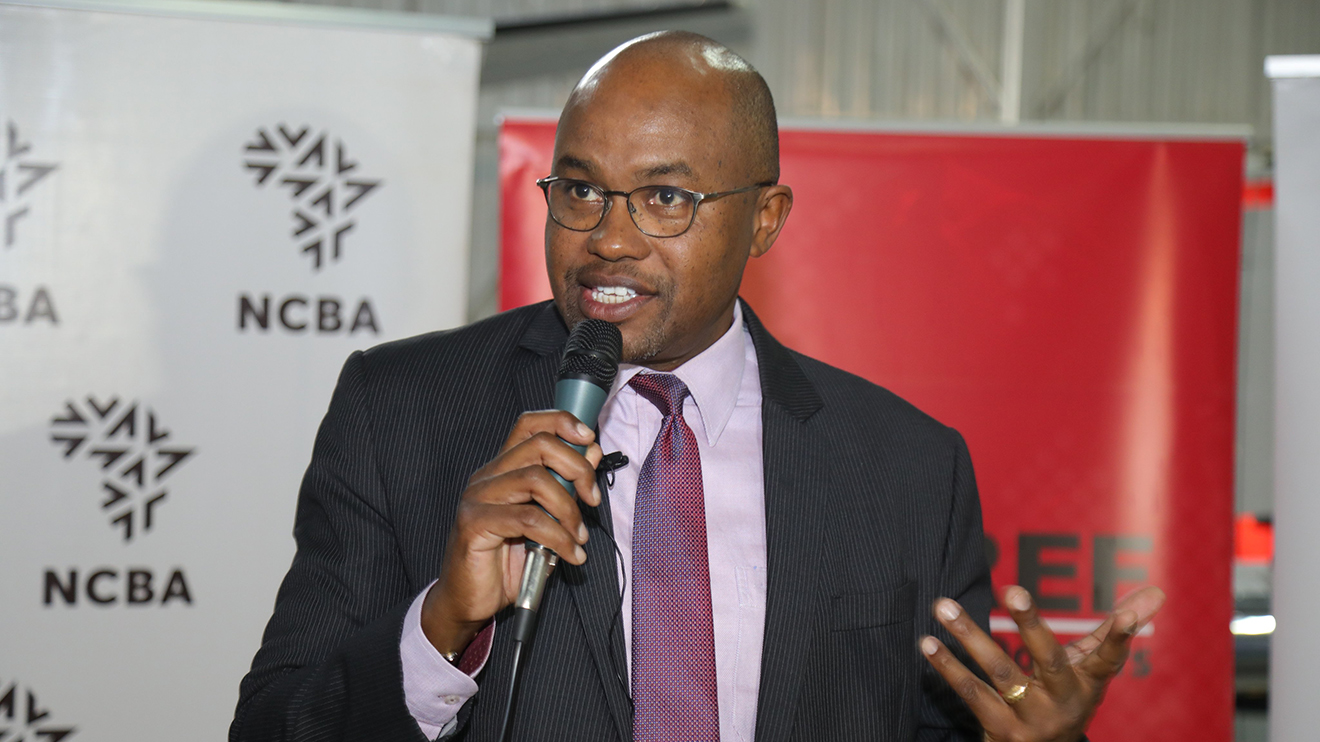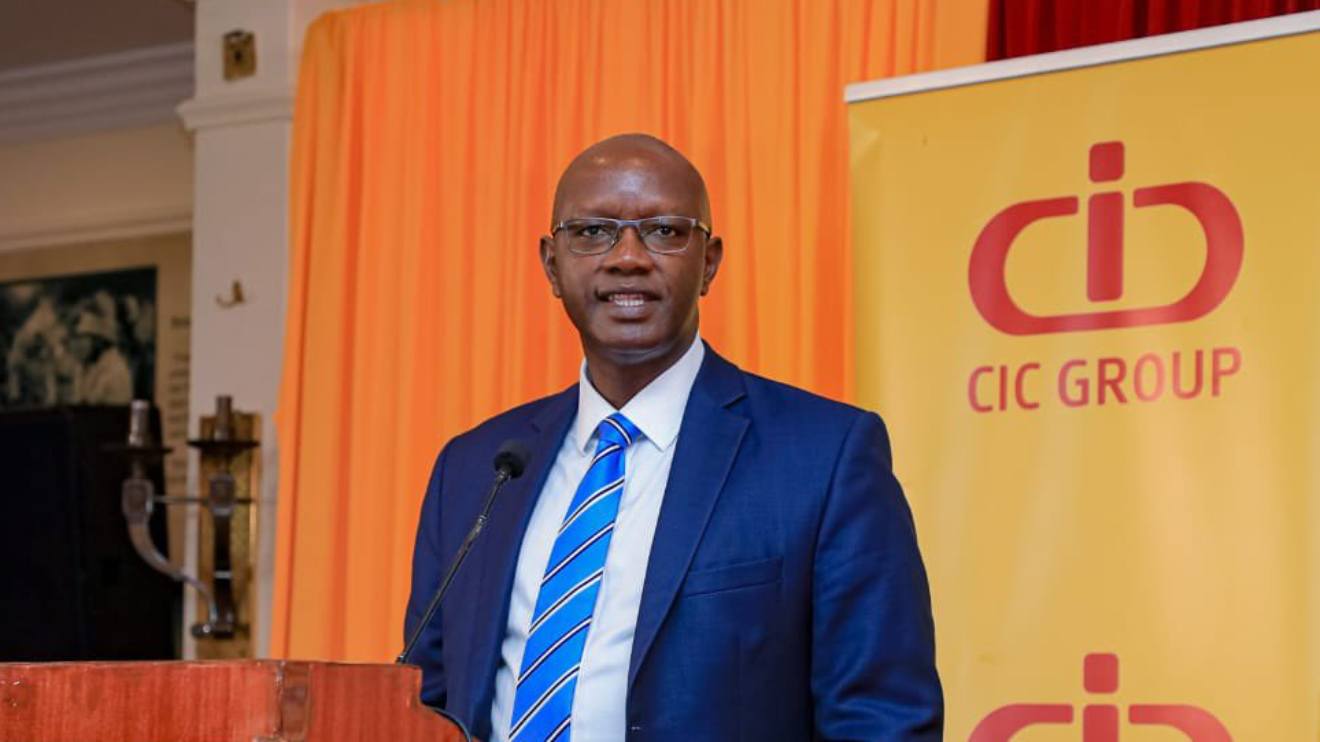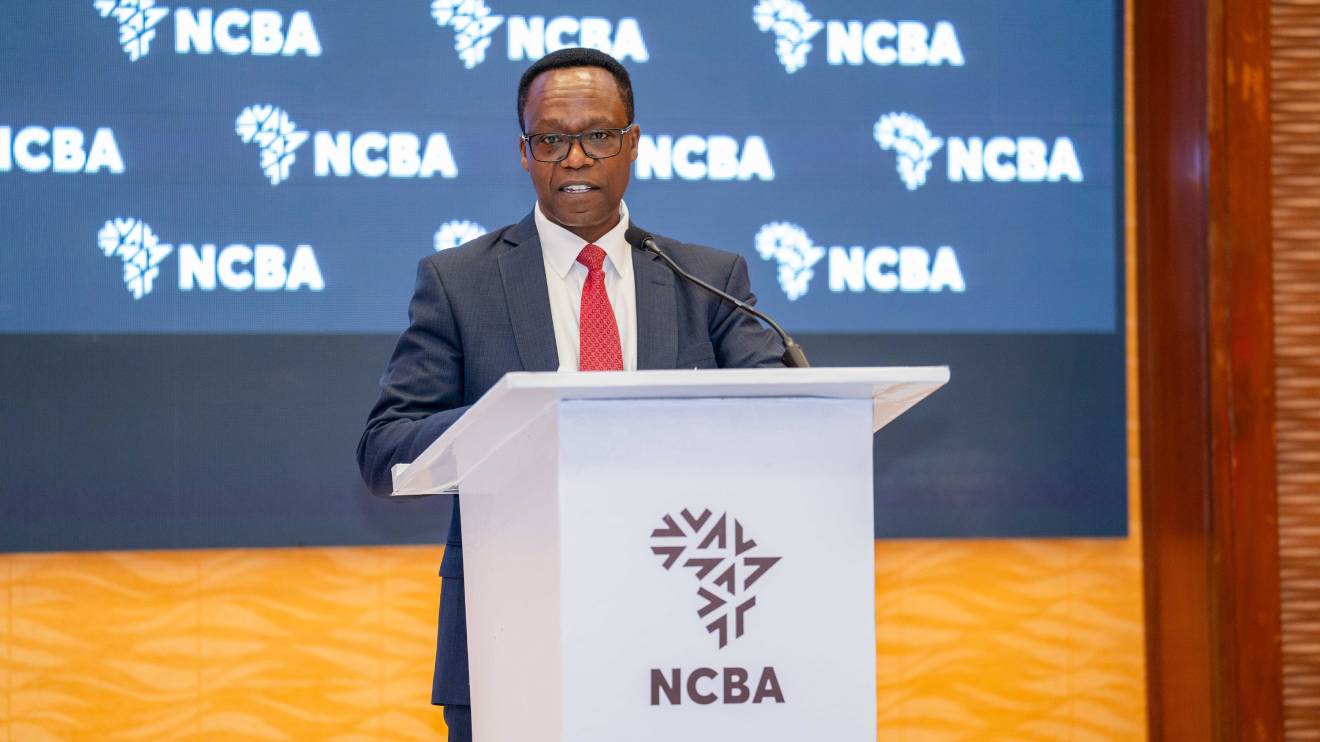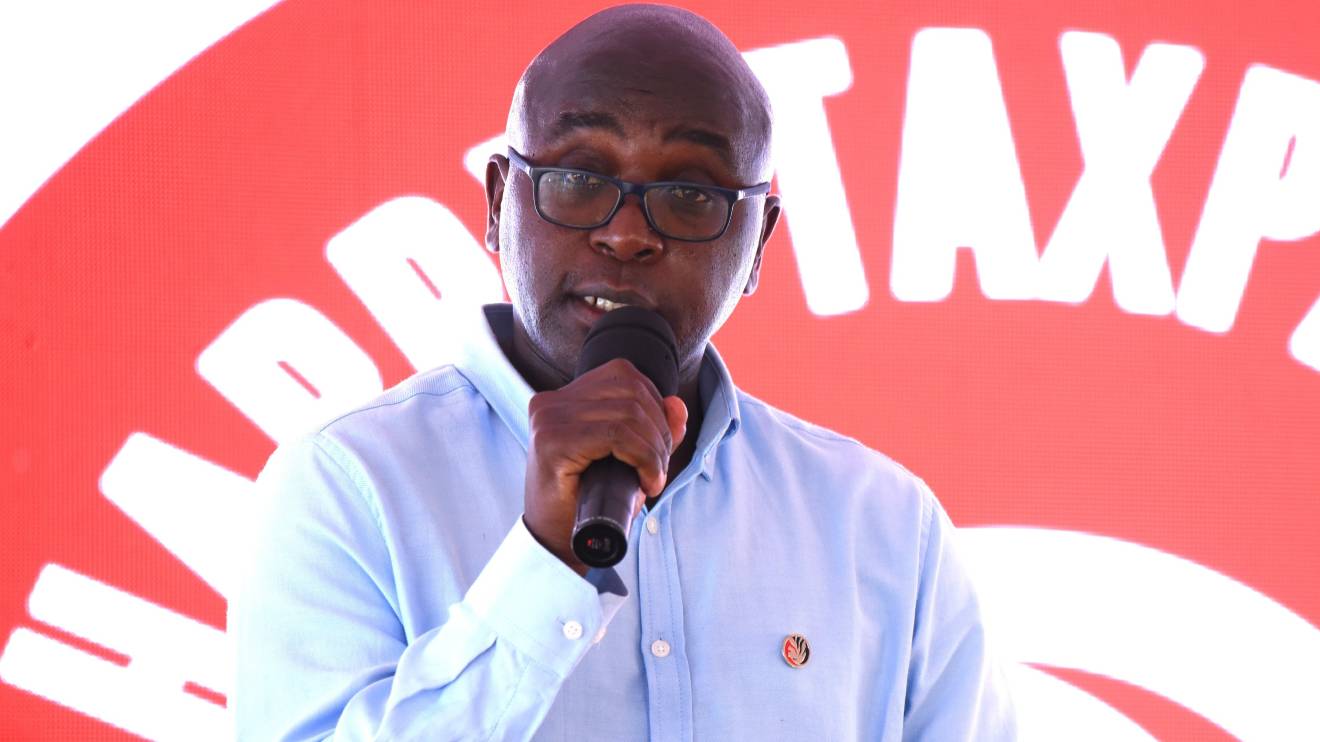The High Court has barred the National Treasury from collecting an estimated Sh900 million from NCBA Bank as it considers a petition by the bank against the National Treasury Cabinet Secretary Njuguna Ndung’u and Attorney General Justin Muturi.
The order was given by Lady Justice Mugure Thande after the bank petitioned the High Court to intervene in a dispute between it and the Treasury after the current National Treasury CS recently revoked an exemption granted when the bank merged in 2019.
Lady Justice Thande said: “I am satisfied that the application has met the test for the grant of conservatory orders at this ex parte stage. Accordingly, Prayer 2 of the application (for conservatory orders) is hereby granted.”
The judge also certified the case as urgent and asked the bank to serve the Attorney General and Cabinet Secretary by May 5, responses be filed by May 19, further affidavits by June 2 and for the matter to be mentioned on June 6 for directions.
In the case filed on Thursday at the Constitutional Division, NCBA said the revocation and any subsequent demand for the tax goes against its legitimate expectation that decisions granted by a Government institution are final as outlined in Article 47 of the Constitution.
Read More
The bank says the purported revocation was issued through a letter by the National Treasury Cabinet Secretary to NCBA and the Kenya Revenue Authority on March 24, 2023.
In the letter, CS Ndung’u ordered KRA to collect the exempted taxes from the bank.
In its filing, NCBA asked the court to issue conservatory orders stopping KRA from collecting the capital gains taxes that were previously exempted on behalf of the National Treasury.
It is estimated that the amount in dispute is approximately Sh900 million.
“The purported revocation is in breach of basic rules of natural justice as envisaged by the provisions of Article 47 of the Constitution, especially since the Petitioner (NCBA) was not given an opportunity to be heard before such an unprecedented reversal of an earlier decision was made,” said Senior Counsel Kamau Karori, the lawyer representing NCBA in the case.
NCBA argued that by arbitrarily revoking a justified exemption allowed through due process, the action could damage the confidence of investors and the general public in the finality of decisions made by Government institutions.
The bank asked the court to reinforce its constitutional rights, to quash the revocation decision by the National Treasury and to prohibit KRA from implementing the tax in dispute.
Owing to the revocation, KRA is demanding about Sh900million plus interests in Capital Gains tax.
The NCBA merger was effected through a share swap that saw the previously privately held CBA Group become a publicly listed entity as part of the NCBA Group.
NCBA Group is arguing that the merger was considered against the backdrop of the Central Bank of Kenya (CBK) encouraging amalgamation of banks to create stronger institutions.
According to NCBA, the merger resulted in the formation of one of the largest and strongest financial institutions in East and Central Africa.
“Based on this clear Government policy as stated in the letter seeking the Exemption, the Merger was intended to ultimately create a stronger bank designed to reduce the systemic risks within the banking system and that could withstand the turbulence of any macro-economic factors,” argued the bank.
In its application for the exemption, NCBA argued that the merger was in the best interest of the public in increasing access to credit, increasing employment opportunities, upscaling the group’s CSR and enhancing access to financial products by MSMEs and individuals.
It had also indicated that the increased investment opportunities through the Nairobi Securities Exchange (NSE) and reduced transaction costs would be passed on to customers.
NCBA says the strengthening of the sector and having it led by large locally owned banks was of significant public interest as it increased confidence in the Kenyan banking system.
The bank says it has emerged stronger due to the merger and declared in its latest financial results that it will pay out dividends of Sh7 billion to its more than 27,000 shareholders.
Similarly, the bank says the merger had resulted in the hiring of 700 extra employees but it affirmed its willingness to pay any taxes the courts might rule were due from the merger.


-1756474472.jpg)



-1753733469.jpeg)


